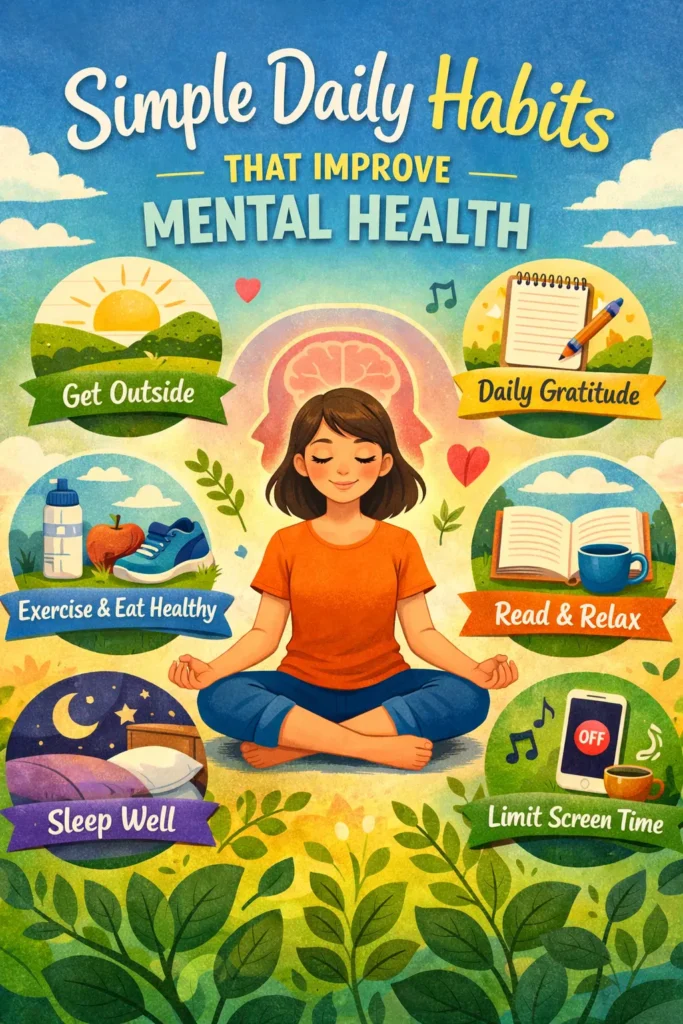Now Reading: 5 Science-backed Tips to Naturally Boost Your Memory
-
01
5 Science-backed Tips to Naturally Boost Your Memory
5 Science-backed Tips to Naturally Boost Your Memory

Do you ever misplace your keys, forget appointments, or lose track of tasks? Occasional forgetfulness is normal, but keeping your brain and memory sharp is essential for a high quality of life and independence—especially as we age. With memory loss affecting millions globally, simple lifestyle changes can support brain health and help prevent serious conditions.
1. Get Moving: Exercise for Your Brain
Physical activity isn’t only about getting stronger—it’s also about keeping your brain healthy. Latest research reveals that regular exercise—such as walking, cycling, or swimming—rejuvenates immune cells in the brain, slows cognitive decline, and reverses some aging effects. Aerobic activities have a proven link to improved memory in older adults.

2. Eat Smart: Choose Brain-supporting Foods
Your diet impacts brain aging. Foods rich in vegetables, fruits, whole grains, lean proteins, and omega-3 fatty acids are linked to slower brain aging. Green tea and Mankai (an aquatic plant) as part of the green-Mediterranean diet are especially protective, lowering levels of proteins associated with rapid brain aging.

3. Stress Less: Practice Mindfulness
Chronic stress floods your body with cortisol, which can damage your brain’s memory center—the hippocampus. Managing stress is vital for brain health. Meditation, yoga, breathing exercises, and other mindfulness strategies help keep stress (and its effects) under control.

4. Prioritize Sleep
Sleep is often overlooked, but it’s critical for memory consolidation—turning short-term memories into long-term knowledge. Experts recommend 7–9 hours of sleep per night for adults to support brain function and prevent memory problems.

5. Challenge Your Brain
Keep your brain engaged to prevent memory decline. Learning a new language, taking a different walking route, or doing puzzles and games challenges your brain and fortifies memory networks.


























